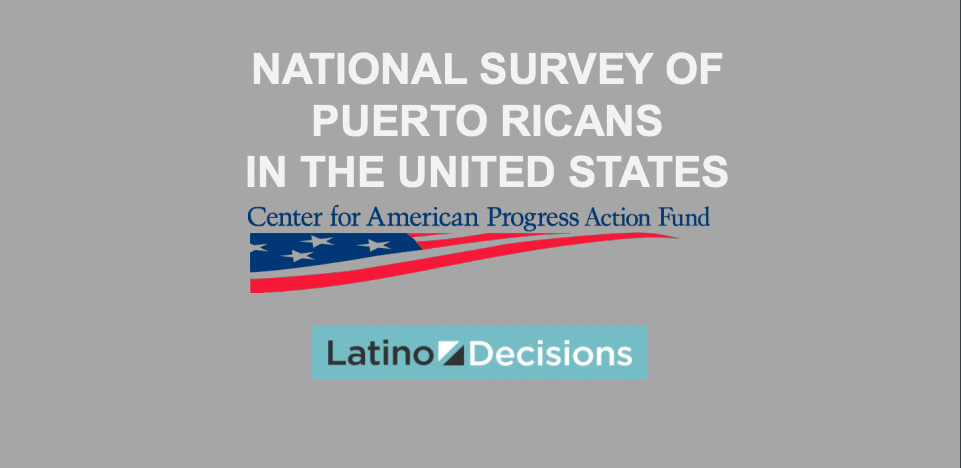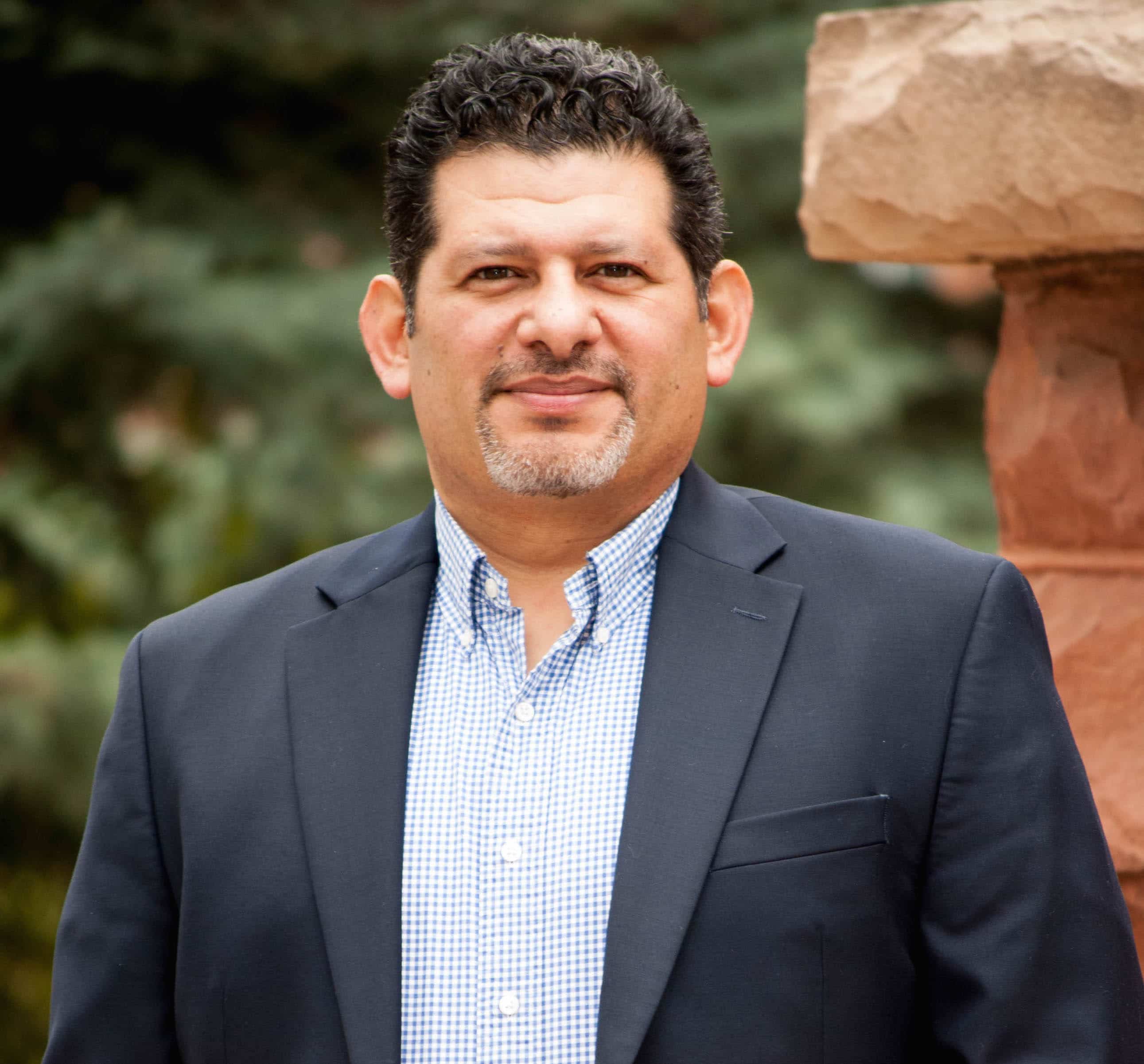More and more Puerto Ricans are moving to the mainland United States because of the devastating impacts of Hurricanes Maria and Irma in 2017. This diaspora of Puerto Ricans has created at least half a million new constituents in Pennsylvania, a swing state, and growing populations in the South, making it important for policymakers to better understand the identities of this budding community.
Stephen Nuño-Perez, an associate professor and chair in the Department of Politics and International Affairs, is helping to contribute to the scholarship around this growing community. Nuño-Perez worked alongside a team of advisers from the Center for American Progress (CAP) who commissioned a project that involved a large-scale national research survey of Puerto Ricans on the mainland to get a clearer picture on the experiences, values and beliefs of the community.
The project had several goals, including examining Puerto Ricans’ voting behavior; measuring how the ongoing impacts of the coronavirus pandemic and Hurricanes Maria and Irma are handled by Puerto Ricans of different backgrounds; and assessing opinions of the most important priorities for the respondents in the upcoming election.
The project surveyed 1,000 Puerto Ricans and other Americans of Puerto Rican descent living on the mainland by phone and online. But before the team developed survey questions, they collected qualitative data like diaries from Puerto Ricans in Pennsylvania, North Carolina, Georgia and Florida to inform survey questions.
“We were able to have a more nuanced understanding of complicated issues like statehood, political outreach, socialization, the effects of COVID-19 and identity, that we were asking Puerto Ricans on the mainland about,” Nuño-Perez said. “I was unaware of how proud this community is of their island and how that was juxtaposed with their profoundly negative assessment of how government works, or does not work, for them. Typically, in political participation, we see disaffected members of society recoil from the system out of frustration, lack of efficacy or a rational calculation that the effort to vote is simply not worth it. This sense of pride of community seems to overcome many of these barriers, but it also warns us that if we cannot follow through on our promises, this powerful mechanism for political participation may weaken. From a democracy perspective, this is not what we want to see, but it is up to our representatives to take action to respond to their constituents.”
The data collected will be used to understand identity formation across the country. Nuño-Perez expressed that the standard set by this project creates incentives for scholars who study diaspora to work with CAP on future projects. He and his team were even asked to brief a national campaign on the findings of their research.
“All my work, whether it is academic, writing for NBC News or as an analyst for Latino Decisions, centers around promoting issues that impact the Latino community, bridging that information in digestible ways for politicians and the public and promoting others who also do this work. In this I hope to help empower the Latino community in our democratic process.”
The outcomes of the survey were published on the Center for American Progress Action Fund website.

(928) 523-4789 | McKenzie.McLoughlin@nau.edu




